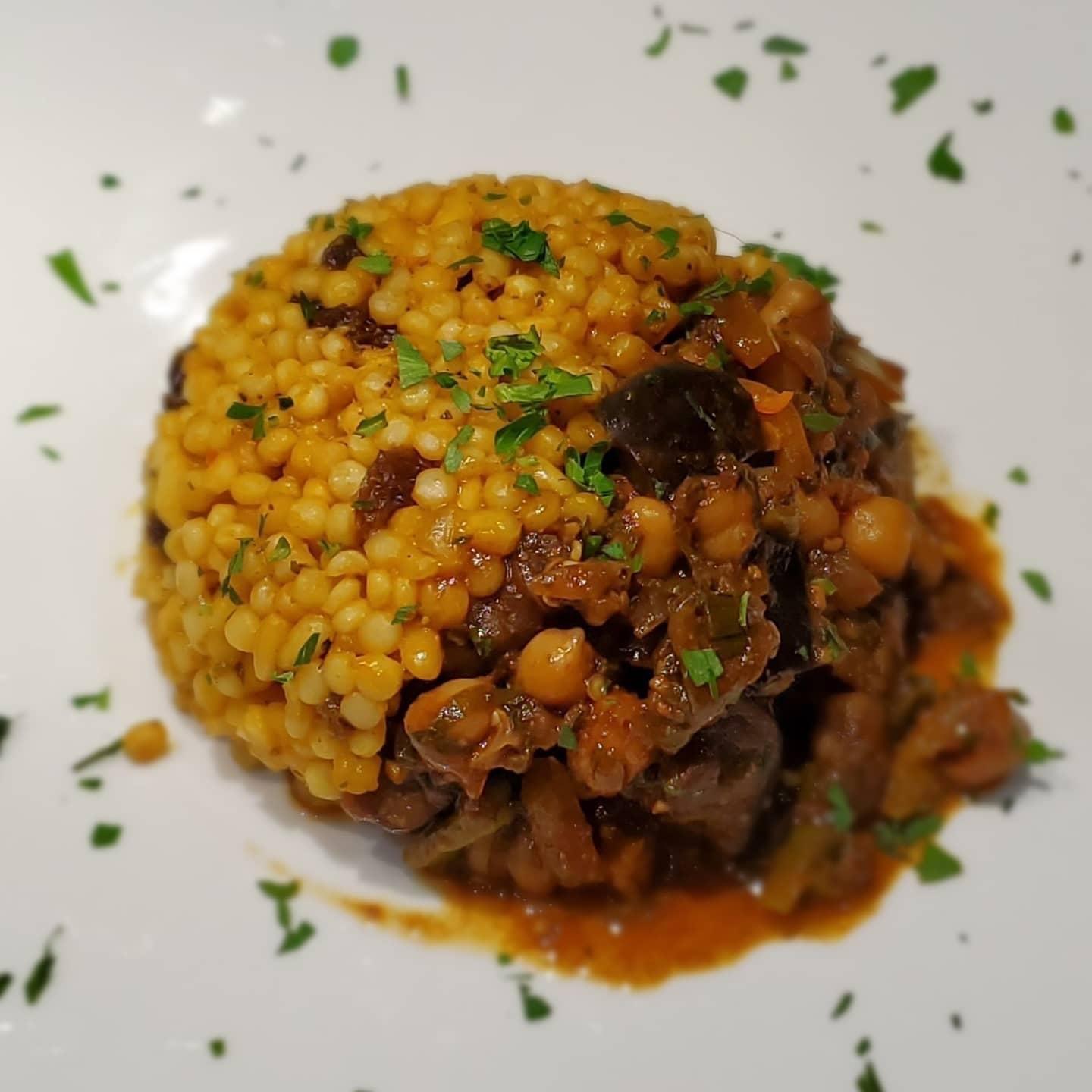Successfully transitioning your family to a plant based diet

Kitchen Chronicles
You have decided to take the big step to transition to a plant-based diet and you have achieved success! Now, you have to convince your family to come along for the ride, even your most picky eater! Where do you start and what do you do?
Transitioning to a plant-based diet is easier than you think. And, although tricky, having your family participate can make a world of difference. Keeping things light, being creative and making the process fun will make the adaptation of this new way of eating and dietary lifestyle palatable for your family.
First things first, make the process simple and identify a path of least resistance. The best and most important advice I can give to you is to make the transition gradually. In the same way you had to take baby steps, in order to successfully transition to a vegan way of eating, it will also be same for your family. It may even be a bit more challenging, especial if eating plant-based wasn’t your family’s first choice to begin the process. Incorporating fun-themed meals such as Meatless Mondays, or Plant-based Taco Tuesdays, where your family eats a meatless meal weekly, is the perfect way to get everyone started and excited about reducing their meat intake. Consistency is key in guaranteeing a smooth transition into the world of everything veggies!
As you start to put these meatless days into practice, remember to incorporate, as much as possible, familiar foods that your family members already love and enjoy! Meals such as pizzas, stuffed potatoes, tacos, pastas and stir fries are usually among the top favourites and are very easy to veganize. My youngest daughter loves everything chocolate, so veganizing the perfect brownie recipe was one of my saving graces! Those brownie treats, packed with beet root and apple sauce, became an instant favourite! I didn’t have to worry about fussing with her about eating what I prepared. She was always first in line to devour those freshly made sweet treats. Seeing familiar favourites removes the doubts and questions about what’s in a meal or how it tastes. It makes the transitioning experience a more tolerable and pleasant one.

Being creative in the kitchen and getting family members involved in all aspects of meal planning and preparation are exercises that are guaranteed to get even the most resistant excited about a plant-based journey. Make meals exciting and fun! Ditch dull, boring meals that are tasteless and not pleasing to the eye. Choose weekly menus together. Do grocery shopping together. Meal-prep and cook together. Always try to incorporate fresh ingredients into every meal and avoid processed foods, where possible.
Another way to get everyone involved is by giving each family member the opportunity to create a side dish to complement the main dish that you will prepare. Salads, roasted vegetables, or soups are simple options to start with. Giving each person ownership or a stake in meal planning and preparation ensures that everyone will see at least one thing that is familiar on his or her plate and at a minimum, be more willing to eat the portion they have prepared. When they become a little more comfortable, increase their responsibilities, let them take charge and prepare the meal of the day, with lots of help, where needed, of course.
Starting your own family vegetable garden is another way to keep the transitioning process fun and exciting! Nurturing a small vegetable garden that includes familiar but easy vegetables to grow, such as tomatoes, carrots, cucumbers, sweet peppers, legumes, and in the right season, gourds and a variety squashes, will result in everyone being a tad bit more excited to eat their veggies. In general, kids do find joy in learning where their food comes from, especially when they have invested the time and effort in planting seeds, watching these seeds grow, produce fruit and then getting the opportunity to harvest. You want to start small. A herb garden can be the perfect starter. Choosing herbs such as thyme, mint and scallion are quick and easy options that will give you a bountiful beginning.
As you prepare to get your family enthused and energized about transitioning to a plant-based lifestyle, don’t forget the importance of preventing nutrient deficiencies. Take the time to identify plant-based foods that are rich in proteins, vitamin B12, omega-3, calcium, zinc, iron and magnesium. These are the nutrients commonly lacking in plant-based diets. Plan meals that are balanced and won’t leave you and your loved ones famished. Stay flexible, as each family member will transition at their own pace and will have varying palates and food texture preferences. And, most importantly, have fun as you take charge and ownership of your family’s health and wellness.
Dr. Jerainne Johnson-Heywood is a Physical Chemist, home chef, culinary influencer, and a food enthusiast, focused on creating plant-based cuisines! Her culinary brand is The Uncomplicated Palate.






